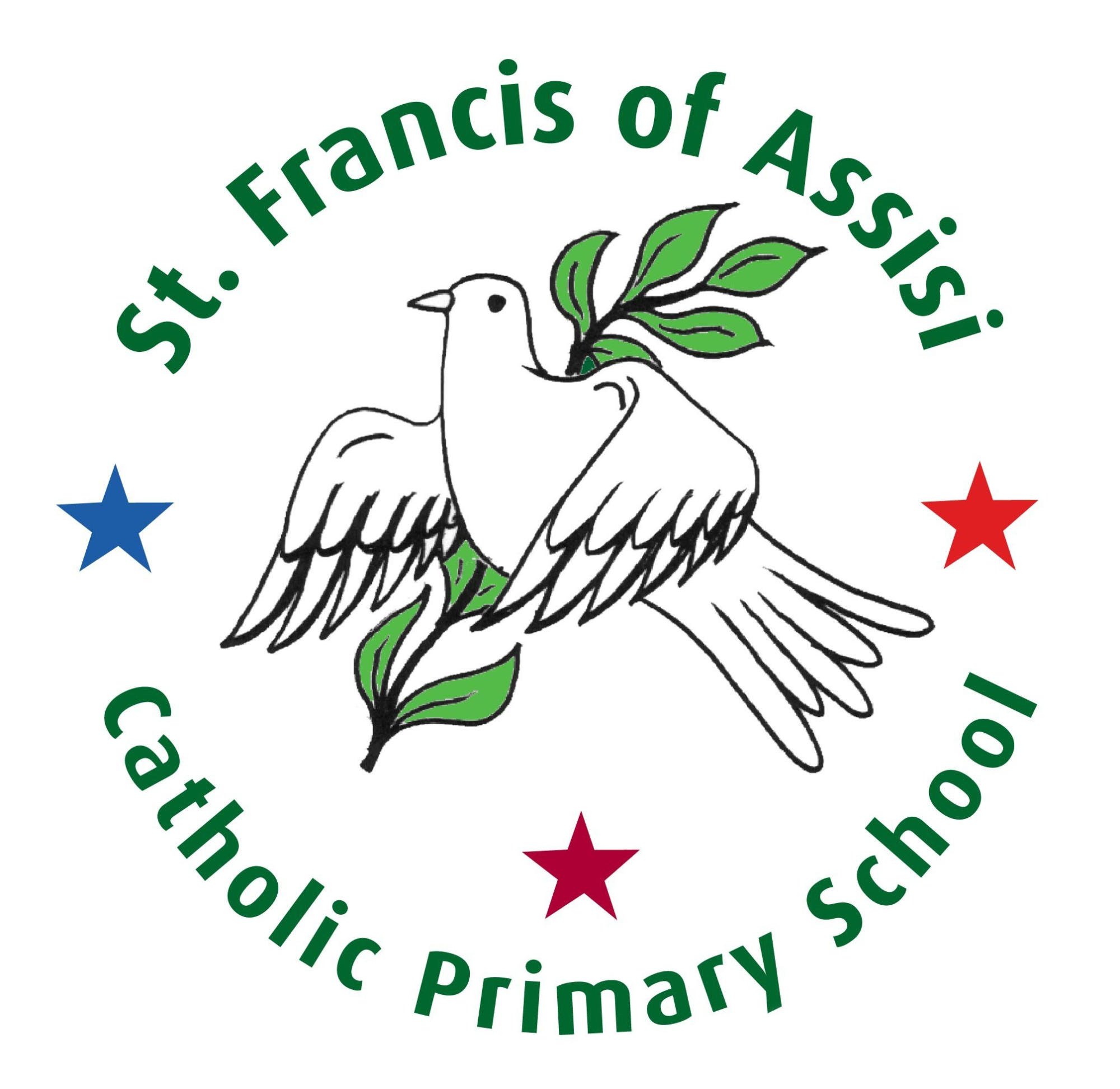Pupil Premium
The pupil premium is funding that is made available to schools in addition to set budgets. It is determined by the number of children on Free School Meals, the number of children who are classified as 'looked after' and the number of children of armed service or ex-armed service personnel.
Schools are free to decide how to allocate this funding to best support the raising of attainment for vulnerable pupils. In 2017-18, the school received £152700. In 2018-19, the school received £139200.
Our school strategy for spending Pupil Premium is as follows:
- Learning: we track the progress of children who are eligible for PP and where children are falling behind, schedule one to one or small group support to ensure that the overall achievement of children qualifying for PP is in line with that of their peers
- Well-being:ensure that children who need to, access Breakfast Club, in order to ensure a healthy and positive start to the school day
- Nurturing: learning mentor/TAs maintain awareness of children who are eligible for PP and attend to their pastoral needs, providing proactive support and liaising with families
- Financial help: children who are eligible for PP receive support with uniform, paying for trips and visits (including residential) and equipment
Children eligible for Pupil Premium can face a number of barriers to learning. Our breakfast club aims to ensure that children get the school day off to a settled and nutritious start. Eligible children can display a range of emotional and behavioural needs, requiring support from learning mentors. In certain circumstances, the achievement of children eligible for Pupil Premium can lag behind that of their peers and the support that we put not class aims to address this. The impact of this support has been that children eligible for pupil premium have made better progress than their non-PP peers in school in Reading and Mathematics. Children eligible for pupil premium did better than the national average in Y1 phonics. At the end of KS1, children eligible for PP achieved better than the national average in writing, mathematics and science. We measure the impact of pupil premium by looking at our end of key stage results, our tracking system throughout the school and our pastoral care records.
The school's pupil premium strategy was reviewed in July 2018.
In 2017-18, Pupil Premium was spent on:
- Subsidising off-site visits, including residential and activities
- Breakfast club for children at no charge
- Nurture group for disadvantaged pupils
- Provision of personal essentials
- An additional learning mentor to provide support for vulnerable children and their families.
- One to one support for children at KS2, who were falling behind in their targets
- Additional TA support to deliver personalised intervention programmes and to support children with EBD
Previous data shows that children eligible for PP achieve at least in line with national. In 2018, those eligible made better progress than other children nationally in reading, writing and mathematics. Eligible children achieved in line with all children nationally in reading and writing and were above in mathematics.
In 2018-19, Pupil Premium is being spent on:
- Personal school essentials (uniform, equipment)
- Subsidising offsite visits (including residential)
- Free breakfast club
- Nurture group
- Learning mentor support
- One to one/small group support for children at KS2 who are falling behind in their learning targets
- TA support to deliver personalised interventions
- Nurture group for children with EBD
The impact of people premium is monitored by tracking the progress of eligible children and through child-centred pastoral care provision. Pupil premium effectiveness will be reviewed in July 2019.
Department for Education
Articles and advice for children and young people.
